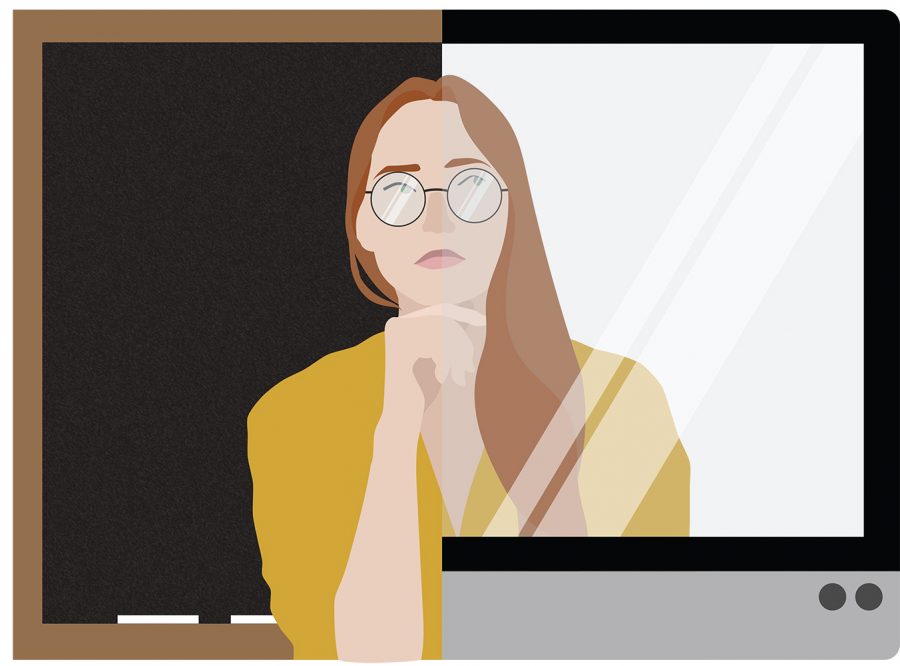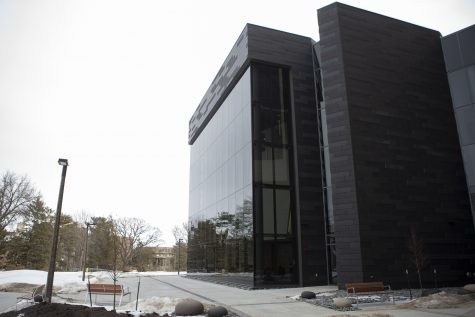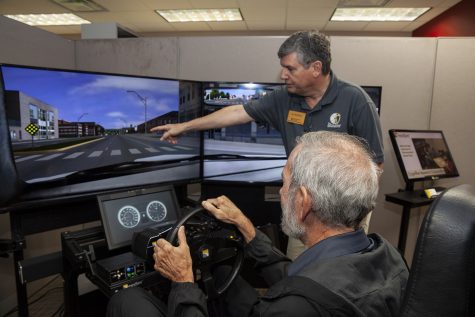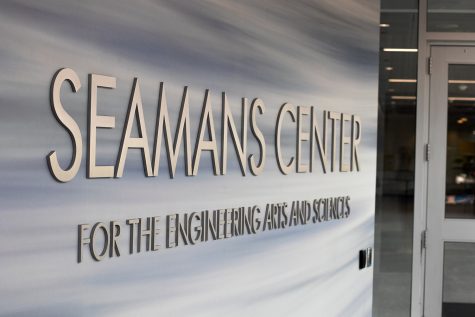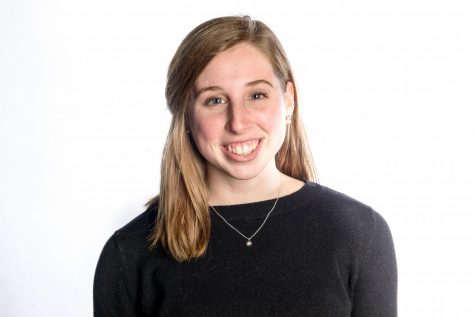Faculty say University of Iowa unprepared in COVID-19 response
Johnson County and the University of Iowa have recently seen an increase in positive COVID-19 cases, prompting students, faculty, and community members to question the university’s preparedness and response to the pandemic.
September 2, 2020
University of Iowa professors and instructors are questioning the university’s preparedness and response to COVID-19 as case counts have passed 1,000 on campus since students arrived.
Adjunct assistant professor in Asian history David Tucker said professors receive an email from the Dean of Students several days a week, listing students’ names that may be absent from their class without revealing the students’ medical information.
Tucker said the email also includes a statement saying that it’s the students’ choice to contact their professor with more details on their absence, whether it is due to COVID-19 or otherwise.
He added that he has read about several universities, such as the University of Illinois at Urbana-Champaign, developing their own affordable, rapid COVID-19 tests — something he thinks would positively impact UI if implemented.
“I would really like them to do something about [testing], and having the priority be especially students not getting sick,” Tucker said.
As of Sept. 2, there have been 1,142 self-reported positive cases of COVID-19 within students at the UI. As of Sep. 2, CNN reports that Iowa has the highest rates of COVID-19 in the country.
A White House coronavirus task force report was recently sent to Iowa officials which encouraged a statewide mask mandate, closure of bars, and to develop comprehensive plans for college towns such as Iowa City.
Silvia Secchi, a geographical and sustainability sciences associate professor, said that the state and federal governments have not done enough to combat the pandemic – not mandating masks to be worn in public, forcing students and instructors to take on more responsibilities than they should have during this time.
“This is not a dean or instructor issue, this is not even to some extent a university issue, this is not even a state issue. It is a federal issue,” Secchi said. “Everybody, at every level of authority, has underestimated, in my opinion, how grave [of] a problem this is. Because they haven’t done enough, we have to do more.”
Secchi said professors, such as herself, worked tirelessly over the summer to adjust their classes to run in an online format. Secchi said professors and TA’s should have had more university assistance with adjusting their classes to an online format to help aid in a smoother transition.
“We should have had that assistance this summer,” Secchi said. “Not just us, the TA’s should have had this assistance this summer … If I hadn’t done all of the work this summer, I couldn’t be like ‘ok, tomorrow, we go all on Zoom.’”
Secchi said she feels as though the UI will not be able to effectively decrease the spread of COVID-19 unless they begin widely testing students and staff, and requiring all those who test positive to isolate.
Related: Sickout organizers advocate for online classes, provost urges faculty to stay in class
For students who test positive for COVID-19, the UI encourages them to self-report their test results via the university’s online system. The UI provides residence hall space for students who contract COVID-19 and need to isolate, in addition to space for close contacts to quarantine. CDC guidelines recommend that those who test positive self isolate for 10 days since their first symptoms appeared, until they are fever free for 24 hours, and until their symptoms have improved.
Amy Charles, an adjunct assistant professor at the Magid Center for Undergraduate Writing, said she had a student in her online course test positive for COVID-19 in March, right after the UI campus first moved to online instruction. Charles said at this time, she did not believe there was a coordinated response from the university as to how to accommodate students that tested positive.
“There was a complete lack of guidance as to ‘what do we do for these students?’” Charles said.
Charles said she is worried about the UI shutting down campus once again and forcing students who may be infected with COVID-19 to move back home, spreading this virus beyond Iowa City.
“When [administration] finally freak out enough to shut down, and they send you guys home, how many of you are going to be quietly infected with this virus, and bring it home?” Charles said. “So we’re just going to explode this virus bomb all over wherever you guys came from.”
Charles said what concerns her the most is that there could have been preventative measures put in place earlier — measures that could have potentially prevented the recent influx of positive COVID-19 cases in Johnson County and at the UI.
“The horrific thing is that this did not need to happen,” Charles said.



